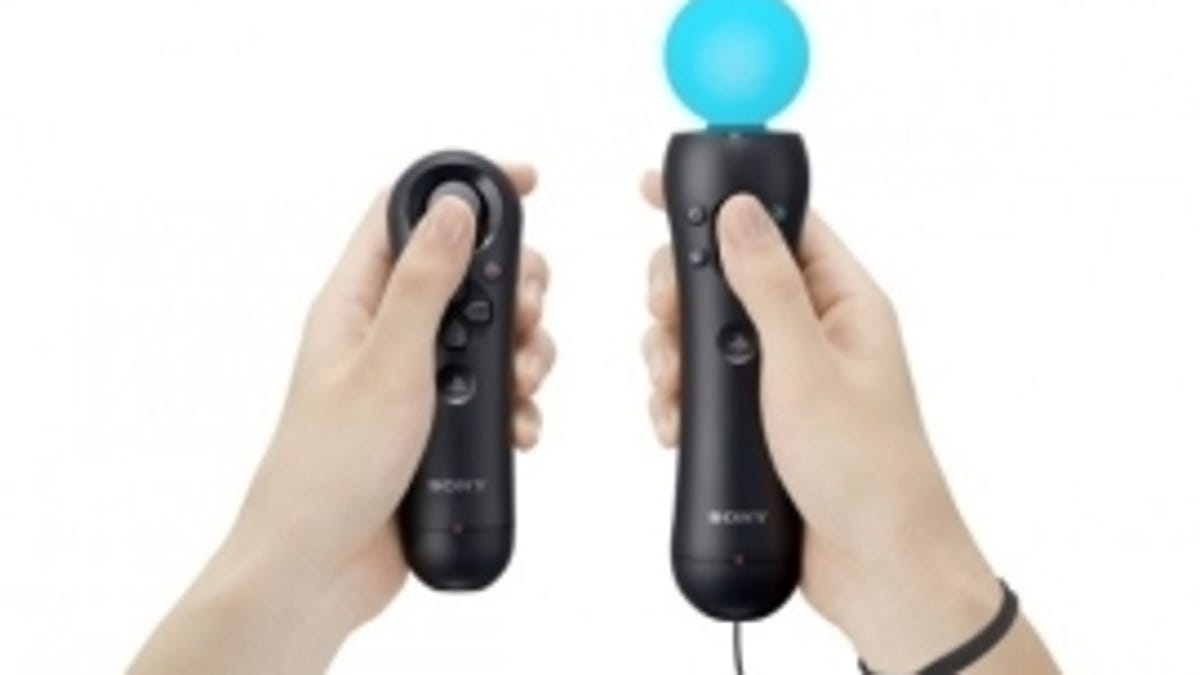Analyst: Kinect to top Move this holiday season
When it comes to motion-control gaming this holiday season, Wedbush Securities analyst Michael Pachter doesn't see Sony's Move beating Microsoft's Kinect platform.

Microsoft's Kinect platform will rule the 2010 holiday season in motion-control gaming, Wedbush Securities analyst Michael Pachter told CNET in an interview today.
Pachter, who covers the video game industry, said he expects Kinect to hit the 5 million unit sales mark that Microsoft last week said it expects by the end of the year. But Sony won't be so lucky with the PlayStation Move, its new entrant in motion controllers.
"I think that Move will pick up to a respectable level, probably around 3 million by year end globally, so roughly 2 million in U.S. and Europe and 1 million rest of the world," Pachter said. "It's possible that Sony could see a tad more, but we will have to see a pickup in advertising, maybe 3.5 million."
Sony seems to be feeling that pressure.
The game company today released a slew of figures collected at the end of October from an ongoing, independent survey conducted by Ipsos OTX GamePlan Insights group gauging consumer desire. Attempting to show the PlayStation Move's "momentum" as it enters the holiday season, Sony reported that half of all respondents who plan to buy PlayStation Move are parents. In addition, Sony said that 30 percent of future Move buyers are women, and the average age of its motion-gaming product's consumer base is 28. About one quarter of those who plan to buy the Move are over the age of 35.
Sony again noted its sales of about 1 million Move units in the United States and Latin America during the product's first month of availability. Going forward, based on the fact that the Kinect was released just last week and will outsell Move this year, according to Pachter, those sales could be eclipsed quite quickly by Microsoft's motion-gaming peripheral. And much of that success is due to Microsoft's marketing efforts, Pachter says.
"Microsoft has a lot more promotion going on (tie-ins with Kellogg's and with Burger King), and I think that they will spend a lot more to make sure the public is aware," Pachter said. "The other thing Microsoft has going for it is that their redesigned Xbox 360 is an upgrade option for the installed base, and once a 360 owner decides to upgrade, the cost of Kinect is only $100. I think you'll see more than half of Kinect units sold as part of a console bundle."
The PlayStation Move Sports Champions Bundle--which includes the Move controller, PlayStation Eye, and Sports Champions game--goes for $99.99. The Move motion controller itself goes for $49.99.
Nintendo might also have trouble matching Microsoft. Although the company announced recently that it has sold over 65.3 million Wii remotes since the launch of the Wii in 2006, Pachter thinks the game company will have a rough holiday season.
"Nintendo has to be the loser here, unless they cut the price further," Pachter said.
The only problem is, Nintendo doesn't want to cut the price of the Wii. The company's president, Satoru Iwata, said recently that his company will rely on bundles to sell consoles, rather than drop the price of the device. The Nintendo Wii costs $199.99.
However, the consequences of that decision could be troublesome for Nintendo, Pachter said.
"Anyone who doesn't have a console yet will be counseled at retail to buy either a Move console bundle or a Kinect console bundle, so Nintendo only maintains those resolute to buy a Wii or those who are more price-sensitive," he said.

